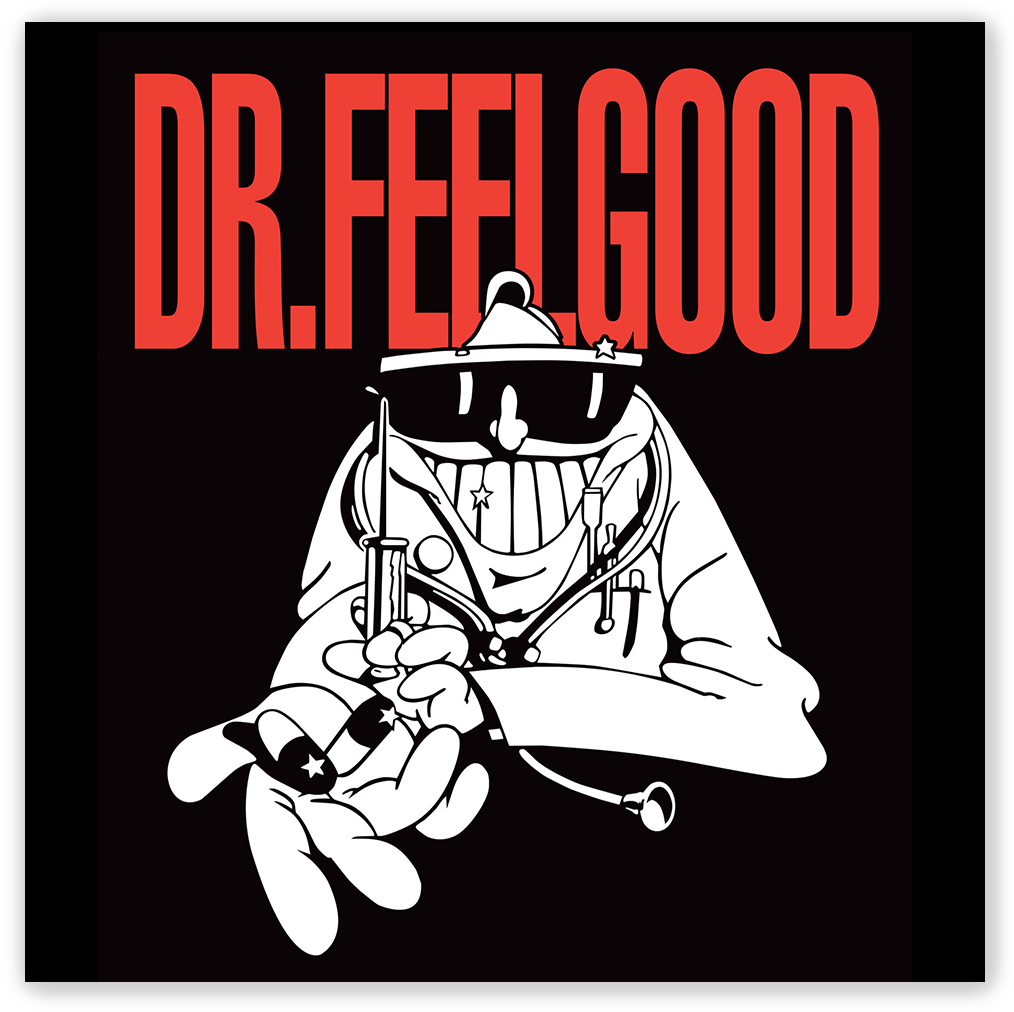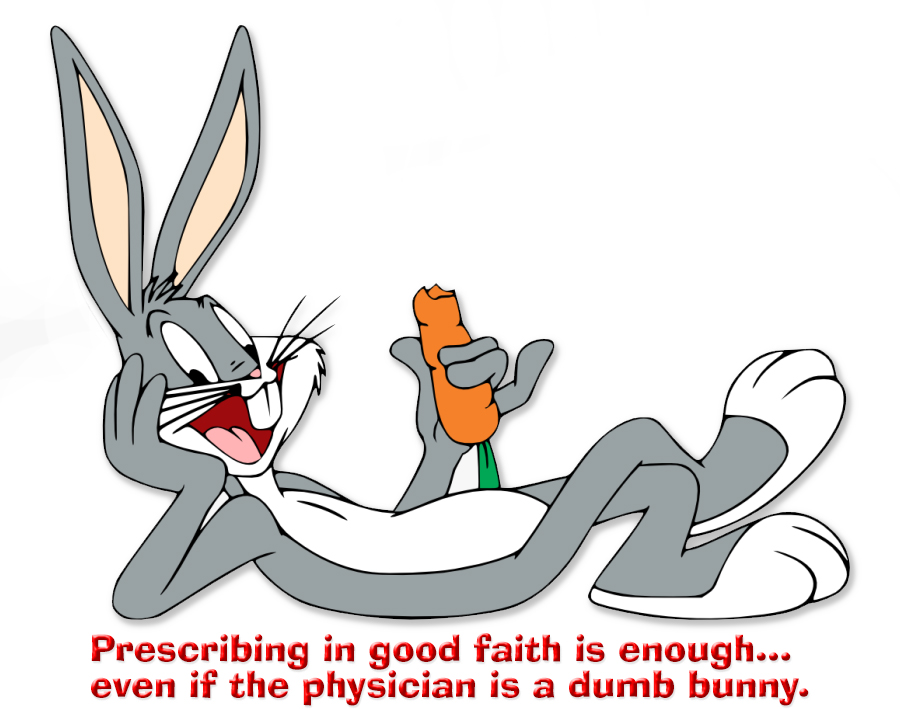We post news and comment on federal criminal justice issues, focused primarily on trial and post-conviction matters, legislative initiatives, and sentencing issues.

DOC ‘FEELGOOD’ HAS TO KNOW IT’S WRONG, 4TH CIRCUIT SAYS
 Dr. Joel Smithers ran what the government claimed was a pill mill. The government’s witnesses painted a grim picture of the nonstop line of addicted people who drove 5-6 hours to pay Dr. Joel $300 in cash for an opioid prescription. Over the course of a few years, he wrote prescriptions for tens of thousands of doses.
Dr. Joel Smithers ran what the government claimed was a pill mill. The government’s witnesses painted a grim picture of the nonstop line of addicted people who drove 5-6 hours to pay Dr. Joel $300 in cash for an opioid prescription. Over the course of a few years, he wrote prescriptions for tens of thousands of doses.
At trial, Joel offered an explanation for every suspicious behavior identified by the government. — “why his patient forms didn’t indicate which pharmacy would fill their prescriptions, why he didn’t order MRIs when they were needed, why he didn’t take insurance, why he had an extremely unusual payment set-up… why he FedExed prescriptions to patients, and why he had a pre-signed prescription pad in the office… He said he believed that the prescriptions he’d written for each patient were for a legitimate medical purpose.”
The trial court refused to instruct the jury that they had to find Dr. Jerry lacked an actual belief that the prescriptions were appropriate. Joel was convicted of hundreds of 21 USC 841(a) counts and sentenced to 480 months.
While Doc Joel’s appeal was pending, the Supreme Court ruled in Ruan v. United States that when a criminal defendant is authorized to dispense controlled substances — such as a doctor who may lawfully prescribe medications — prosecutors can only win a conviction under 21 USC § 841(a) by proving beyond a reasonable doubt that the defendant intended to act or knew he or she was acting in an unauthorized manner.
Last Friday, the 4th Circuit threw out Joel’s conviction.
 The government argued that, despite the Ruan decision, other instructions – such as willful blindness and “good faith” – were enough to tell the jury that it had to find that Joel knew what he was doing was wrong. The 4th rejected this, noting that the Ruan court had rejected the same claim; Ruan noted that words like “good faith,” “objectively,” “reasonable,” or “honest effort” appear nowhere in the statute and would ‘turn a defendant’s criminal liability on the mental state of a hypothetical ‘reasonable’ doctor, rather than on the mental state of the defendant himself or herself’.”
The government argued that, despite the Ruan decision, other instructions – such as willful blindness and “good faith” – were enough to tell the jury that it had to find that Joel knew what he was doing was wrong. The 4th rejected this, noting that the Ruan court had rejected the same claim; Ruan noted that words like “good faith,” “objectively,” “reasonable,” or “honest effort” appear nowhere in the statute and would ‘turn a defendant’s criminal liability on the mental state of a hypothetical ‘reasonable’ doctor, rather than on the mental state of the defendant himself or herself’.”
 Ruan held that “‘good faith’ is an objective test,” not the inquiry into the doctor’s actual state of mind that the statute requires. The “good faith” instruction in Joel’s case “directly contravenes Ruan,” the 4th said. “Far from helping the government, it proves Defendants point.”
Ruan held that “‘good faith’ is an objective test,” not the inquiry into the doctor’s actual state of mind that the statute requires. The “good faith” instruction in Joel’s case “directly contravenes Ruan,” the 4th said. “Far from helping the government, it proves Defendants point.”
Joel will get a new trial with a jury instructed that it must find that he “intended to act or knew he was acting in an unauthorized manner.”
United States v. Smithers, Case No 19-4761, 2024 U.S.App. LEXIS 2399 (4th Cir., Feb 2, 2024)
– Thomas L. Root

